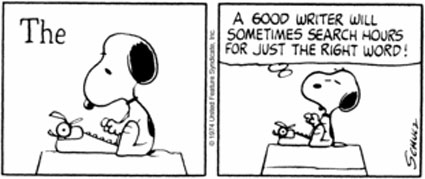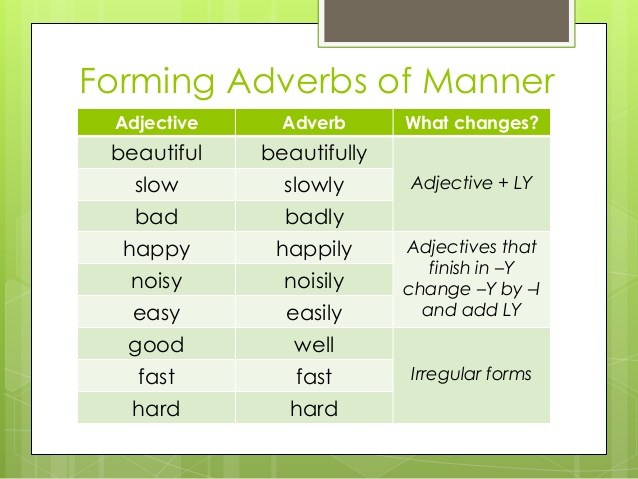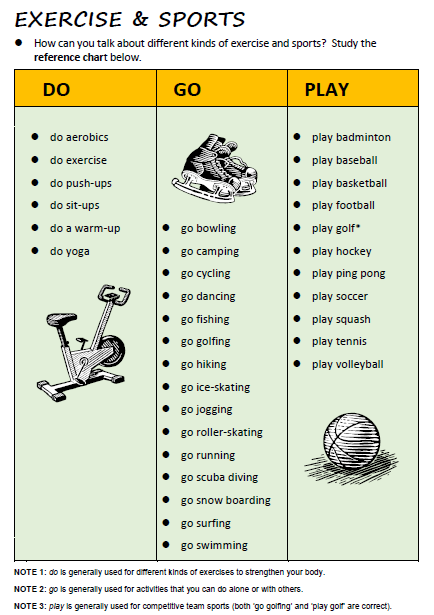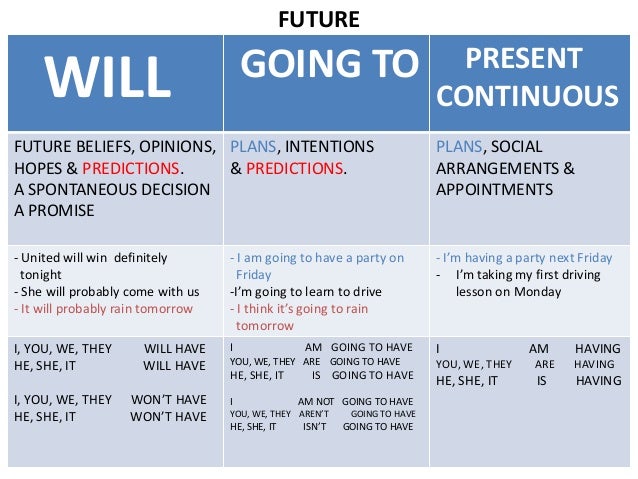Wednesday
Thursday
Biosensors
ECG: ElectrocardiographyThis biosensor lets doctors track vitals remotely pic.twitter.com/yiBtHsONiX— Mashable (@mashable) November 23, 2017
Reading Activity Key
Sunday
Adverbs of Manner
1.- FORM
They are formed by adding the suffix –ly to the adjective.
Example: careful- carefully
low- slowly
quiet- quietly
polite- politely
false- falsely
If the adjective ends in –y, it changes into i and adds –ly.
Ex: happy- happily
easy- easily
noisy- noisily
The adjectives friendly, lonely, lovely end in –y. If you want to use the adverb, you must use the expression: in a friendly way, in a lonely way, in a lovely
way.
Ex: She is lovely.
She treats me in a lovely way.
Some adverbs don´t add the suffix –ly to the adjective, they are irregular.
Adjective Adverb
Fast fast
Hard hard
Late late
Good well
Right right
Straight straight
Ex: His work is very hard (adjective)
He works very hard (adverb)
· hardly= apenas
He is a really good actor.( adjective)
He acts really well. (adverb)
The train was late. (adjective)
I got up late.(adverb)
🙋 lately= últimamente
2.- POSITION.
These adverbs are usually placed after the main verb and the object:
Ex: She spoke to me rudely. They arrived late.
Or before an adjective:
Ex: It´s a reasonably cheap restaurant. Oh, I´m terribly sorry.
An adverb of manner cannot be put between a verb and its direct object. The adverb must be placed either before the verb or at the end of the clause.
- She closed softly the door behind her.
However, if the object is long then we normally place the adverb before the verb:
- He angrily denied that he attempted to kill his wife. (the object is underlined)
- She carefully planned the last few days of her stay in London.
VERB + PREPOSITION + OBJECT
Many verbs in English are followed by certain prepositions - some are followed by only one preposition (insist (up)on, accuse of, attend to etc.), while others can be followed by several prepositions (listen to/in on/, look at/for/into/on etc.).
In a construction verb + preposition + object we can place the adverb either after the object or before the preposition:
- I listened to her story carefully. (V + prep. + O + A) or
- I listened carefully to her story. (V + A + prep. + O)
- He replied to my letter quickly.
- He replied quickly to my letter.
- I listened carefully to her story about the adventures in Africa. (the object is underlined)
- He replied quickly to my letter I sent him in a fit of anger
PRACTICE:
Determine the best word order for the adverb of manner.
- Select your response from the list.
- Compare your response to the feedback by clicking the "Check"
How to use Play, Do and Go
We use the verbs play, do and go with sports and activities. Here is the information you need to know to use them correctly:
🏈🏆🏀🏉🎾🎲🎳🎯🎮🎽🏇🏄🏃🏂🎿
'How often do you play tennis?' - tennis is a ball sport.
'I play poker with my friends on Friday night.' - poker is a competitive game. We play to win.
'I don't like playing computer games.' - again, computer games are competitive so we use play.
🏈🏆🏀🏉🎾🎲🎳🎯🎮🎽🏇🏄🏃🏂🎿
Do is used for a recreational activity or a non-team sport that does not use a ball:
'I heard that you do karate.' - karate is a non-team activity.
'I do crossword puzzles in my free time.' - crossword puzzles are not competitive.
Do is used for a recreational activity or a non-team sport that does not use a ball:
'I heard that you do karate.' - karate is a non-team activity.
'I do crossword puzzles in my free time.' - crossword puzzles are not competitive.
🏈🏆🏀🏉🎾🎲🎳🎯🎮🎽🏇🏄🏃🏂🎿
Go is used with activities that end -ing. We go somewhere to do something:
'I'm going fishing on Sunday.'
'Are you going skiing this winter?'
'She said she was going swimming.'
Go is used with activities that end -ing. We go somewhere to do something:
'I'm going fishing on Sunday.'
'Are you going skiing this winter?'
'She said she was going swimming.'
🏈🏆🏀🏉🎾🎲🎳🎯🎮🎽🏇🏄🏃🏂🎿
Saturday
Wednesday
Road 2 English: Voice Recognition Elevator
Road 2 English: Voice Recognition Elevator: What happens if the voice recognition elevator doesn't understand us, will we get caught inside? Laugh and learn, boys and girls, laugh ...
Subscribe to:
Comments (Atom)











